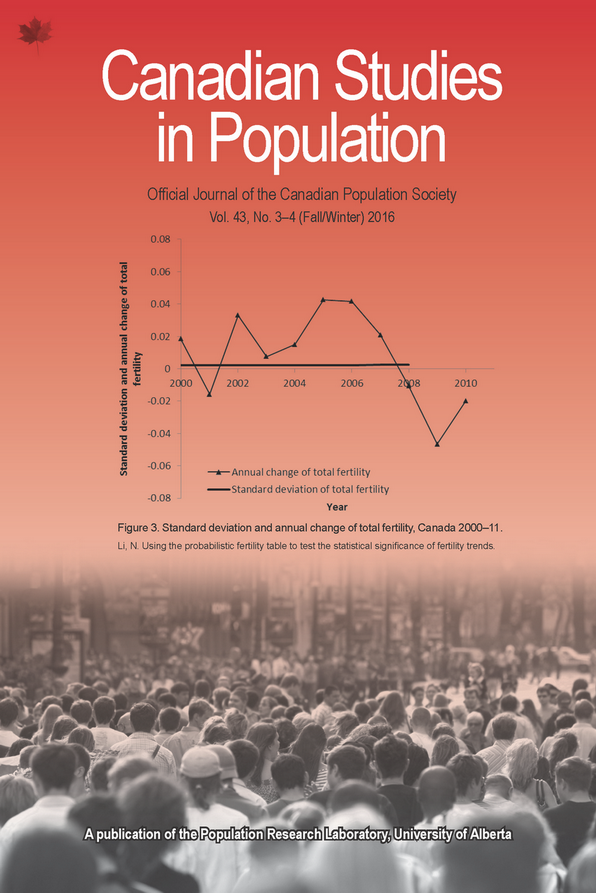Data and discrimination: A research note on sexual orientation in the Canadian labour market
DOI:
https://doi.org/10.25336/P6XP4SKeywords:
sexual orientation, same-sex couples, discrimination, earnings, Census, CanadaAbstract
Growing interest in the labour market outcomes of sexual minorities presents novel methodological and theoretical challenges. In this note, we outline important challenges in the study of wage inequality between sexual minorities and heterosexuals in Canada. We discuss the current state of available data on sexual orientation and economic outcomes in Canada, and further evaluate how estimates of sexual orientation wage gaps differ across earnings definition and sample composition. Our analysis of the 2006 Census shows considerable heterogeneity in point estimates of wage disadvantage across definitions of earnings and sample selections; however, all estimates show that gay men suffer labour market penalties and lesbians experience wage premiums.
L’intérêt grandissant pour la situation des minorités sexuelles sur marché du travail soulève de nouveaux enjeux méthodologiques et théoriques. Dans ce commentaire, nous soulignons les enjeux importants que présente l’étude des inégalités salariales entre minorités sexuelles et hétérosexuels au Canada. Nous discutons de la disponibilité actuelle de données sur l’orientation sexuelle et le revenu au Canada et évaluons la manière selon laquelle les écarts salariaux varient en fonction de la définition de revenu et la composition de l’échantillon. Notre analyse du recensement de 2006 indique une hétérogénéité considérable des estimations ponctuelles de l’écart salarial à travers différentes définitions de revenu et différentes sélections d’échantillon. Cependant, toutes les estimations indiquent que les hommes gays sont désavantagés sur le marché du travail et que les lesbiennes obtiennent des salaires supérieurs.
Downloads
Published
Issue
Section
License
Copyright (c) 2019 Nicole Denier, Sean Waite

This work is licensed under a Creative Commons Attribution 4.0 International License.
The following copyright statement applies to content published in Volumes 1 - 45 of Canadian Studies in Population.
Authors retain copyright and grant the journal right of first publication with the work simultaneously licensed under a Creative Commons Attribution License that allows others to share the work with an acknowledgement of the work's authorship and initial publication in this journal.
Authors are able to enter into separate, additional contractual arrangements for the non-exclusive distribution of the journal's published version of the work (e.g., post it to an institutional repository or publish it in a book), with an acknowledgement of its initial publication in this journal.
Authors are permitted and encouraged to post their work online (e.g., in institutional repositories or on their website) prior to and during the submission process, as it can lead to productive exchanges, as well as earlier and greater citation of published work (See The Effect of Open Access).



